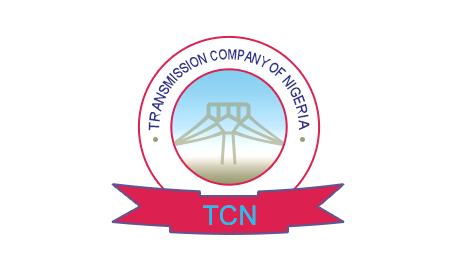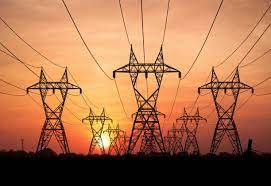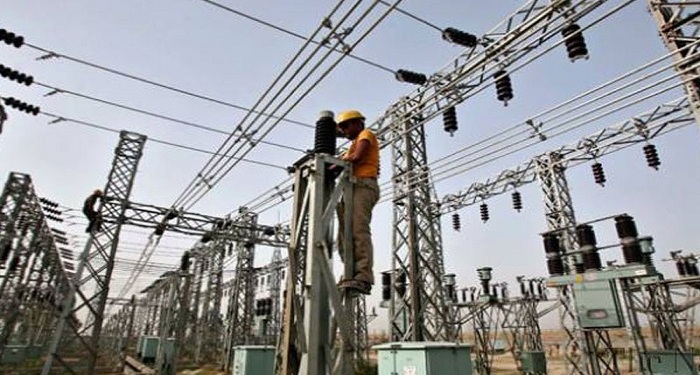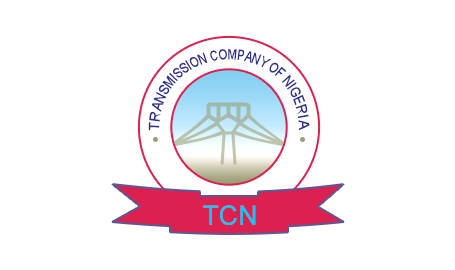
Adiabo Substation fire incident: TCN apologises to electricity consumers
“TCN apologizes for every inconvenience to the Government and electricity customers in Cross River State and pledges to do all it can to ensure quick restoration of bulk supply to the area,” she concluded.












